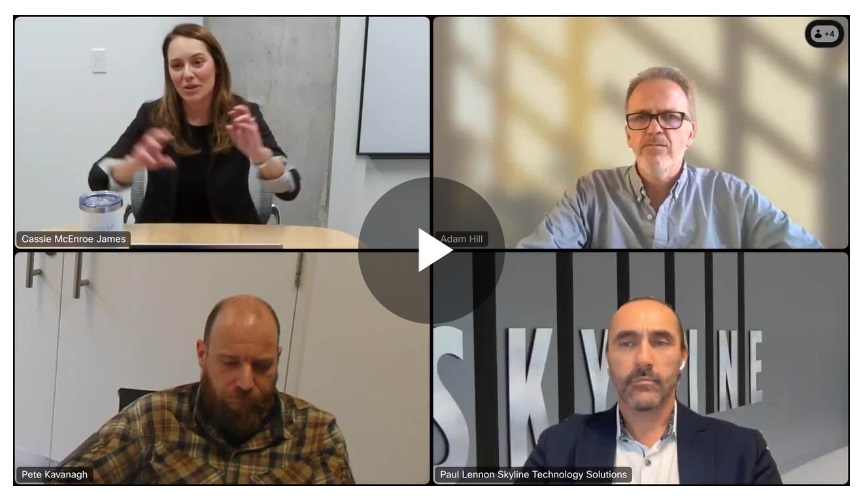
Cisco's webinar Defending ITS and Roadways from Cyberthreats - a collaboration with ITS International - is now available to watch on-demand.
If you missed it, you can still register now and view the webinar in its entirety: click here to watch.
The fireside chat looked at the key capabilities of a modern and secure WAN infrastructure supporting advanced ITS applications, and considered what measures to prioritise in order to get an ITS security project off the ground.
Speakers are:
Cassie McEnroe, public sector sales lead, Cisco IIoT
Pete Kavanagh, principal architect, roadways solutions, Cisco IIoT
Paul Lennon, CTO, Skyline Technology Solutions
Moderator is: ITS International editor Adam Hill
One of the biggest questions from companies to the panel is ‘How do we get started?’
“It’s a journey and it’s not going to be one-size-fits-all,” says McEnroe. “Ten to 20 years ago, when we were building out intelligent transportation systems, it was very different."
“We talked about the advanced applications - V2X [Vehicle to Everything], transit signal priority, pedestrian safety – all being enabled and enhanced through the use of technology. But now those advanced applications are here today and they’re being implemented all over the world. Different organisations have very different thoughts about how you should approach security.”
In transportation there are some older pieces of equipment – dynamic message signs, for example - in the field that were never intended to be controlled, they don’t have such basic cybersecurity measures as password management, Lennon explains.
“You have assets out there which, by definition, are going to be vulnerable," he says. "And that’s a risk you just need to understand."
Kavanagh adds: “Back when some of this stuff was defined, security wasn’t really on anyone’s radar."
The good thing is that there’s an emerging acceptance of cybersecurity risks, he says.
"With a road traffic cabinet, it’s there on the street where the general public are walking by," Kavanagh continues. "We’re uniquely exposed in this industry. It’s important that we think about these cabinets as, effectively, an extension of our corporate network that needs to be equally as secured as if it’s in the office I’m sitting in.”












